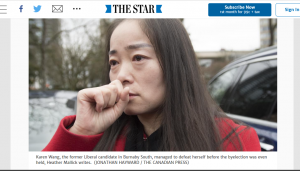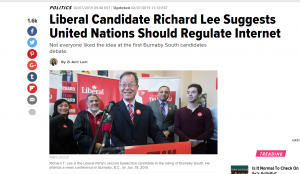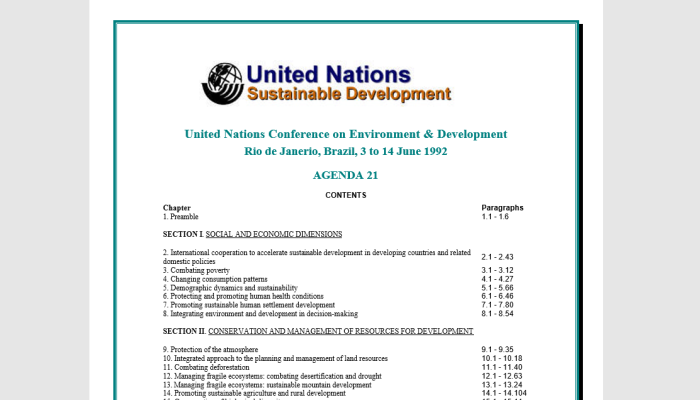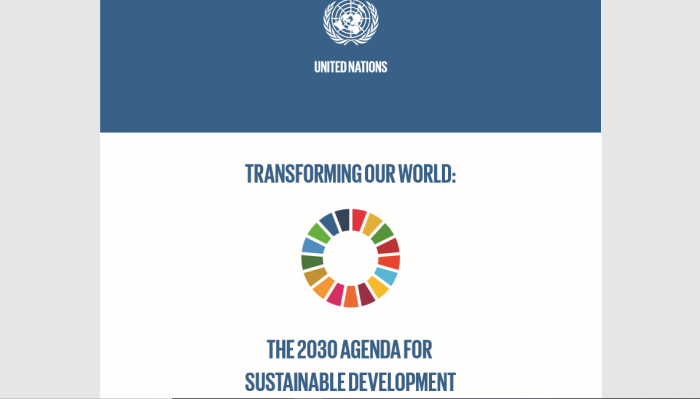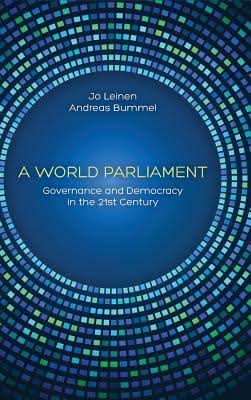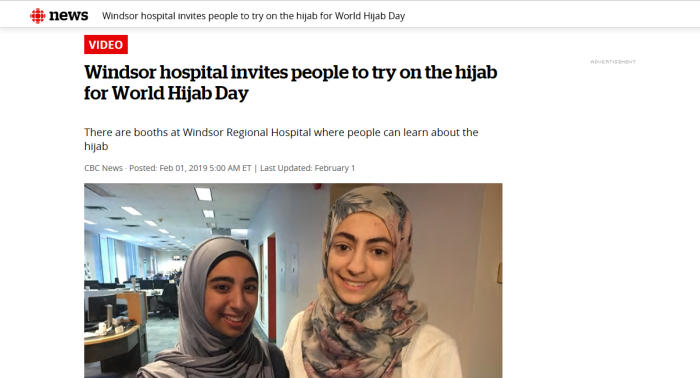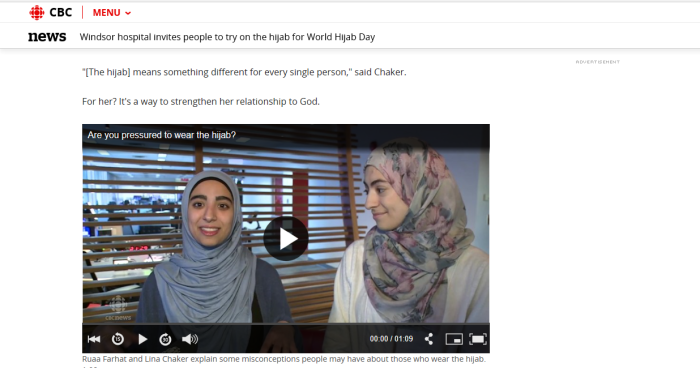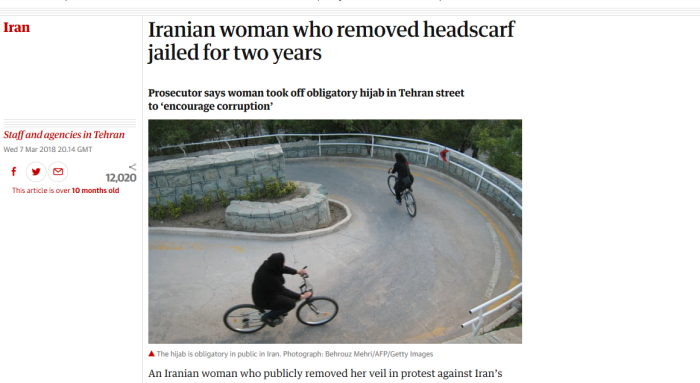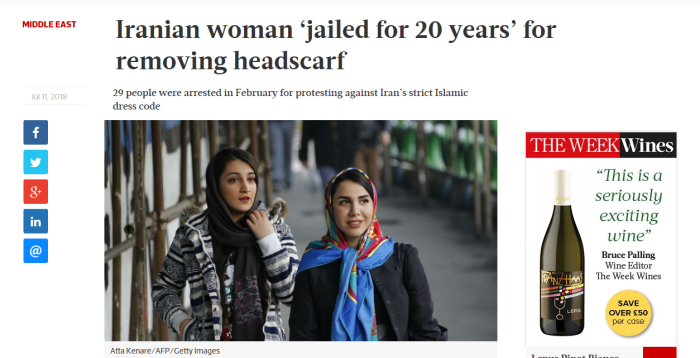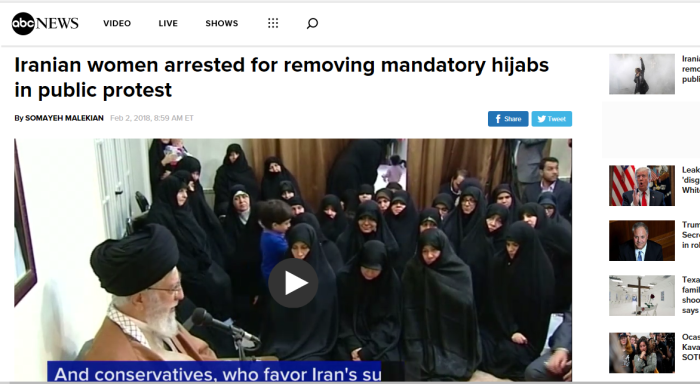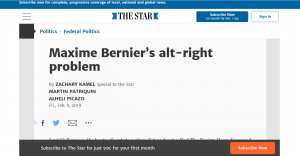
(Toronto Star Op-Ed from Zachary Kamel, Martin Patriquin, Alheli Picazo)

(“Ensign Hour” Podcast. Judge for yourself.)
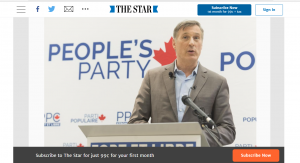
(People’s Party Founder Maxime Bernier)
This hit-piece by the Toronto Star actually makes the Alt-Right seem very reasonable.
CLICK HERE, for the actual Toronto Star article. Here are some quotes with rebuttal
“Last Halloween, the hosts of a white nationalist podcast called The Ensign Hour discussed how to propel their ideology into the mainstream of Canadian politics. Although they pined for a “European homeland,” the co-hosts were all too aware of just how unappealing their movement remained to the political mainstream.”
As much as the multicultural crowd wants to rewrite history, Canada “was” founded and grown as a British colony, with strong French influence. As such, those powers had a very strong say in how the nation was formed. It is considered “unappealing” to point this out, since papers like the Toronto Star label truth “racist”. See the British North American Act of 1867. European roots is an actual party of Canadian identity.
“What the country’s tiny cadre of neo-Nazis and the broader alt-right movement needed was a politician who could bridge the gap between the mainstream and the far-right fringe — someone who was an unabashed supporter of “Western values,” who would clamp down on immigration and multiculturalism.
That person, they decided, was Maxime Bernier.
.
Last August, after the long-serving Conservative MP denounced Prime Minister Justin Trudeau’s “extreme multiculturalism and cult of diversity,” the Ensign Hour hosts perked up. When Bernier declared “the death of political correctness in Canada” to his more than 65,000 Twitter followers, it was heard as a dog whistle. “
CLICK HERE, for a series of tweets Bernier made in August 2018. Calling for politicians to focus on what unites Canadians, rather than endlessly pandering to what makes us different is far right?
This is a bit confusing: Is Bernier a puppet of the far right? Or is Bernier an independent person who just happens to attract “far-right” views?
This is a dog whistle how exactly? And what is wrong with ending political correctness?
““This sets a precedent. This is a huge step forward. This opens the conversation for our people — the Europeans, the settler class — to give us permission to speak our minds,” said “Cracker Jack,” who later identified himself as Tyler Hall-Kuch on the show after the Star reached out to him for comment. “
So what’s the problem here? Legitimate discussion on Canadian identity and forced multiculturalism has long been silenced by the lunatic left. Cries of “racist, Nazism, white supremacy, etc…” are used whenever difficult topics such as this are brought up.
“In September, about a month after quitting the Conservative Party, Bernier founded the People’s Party of Canada. Pundits and rival politicians dismissed it as a vanity project, the product of Bernier’s bitterness after having lost the Conservative leadership to Andrew Scheer in 2017.”
I would actually agree, up to a point. There was a lot of resentment over the narrow 2017 loss, which saw allegations of phantom members casting ballots, and having those ballots destroyed before an audit could take place. Furthermore, many in the media “did” dismiss it as a vanity project.
Also worth noting is that Maxime Bernier quit over POLICY differences with Andrew Scheer and the CPC. Interestingly, Scheer himself avoids those issues and cites PERSONAL differences in the split. Watch both videos. They are night and day different.
“But in just four months, the PPC signed up more than 33,000 members and has become a thorn in the side of Scheer and the Conservative Party, which has been forced to protect its right flank on issues like immigration and identity. More importantly, the PPC now has electoral district associations in every one of the country’s 338 federal ridings. Considering the party was little more than an angry Twitter feed last fall, the speed of PPC’s rise is notable.”
This is actually true. The Conservative Party “has” had to protect its right flank. Seeing Bernier offer a conservative option while Scheer offered nothing has led to a big loss of support. Also true is the speed at which the People’s Party has actually been formed. Impressive considering how it was shrugged off as a lunatic fringe.
An angry Twitter feed? Am assuming this is a reference to Maclean’s writer Paul Wells commenting that Bernier’s followers “consisted of the stupidest people on Twitter”.
“But that public rejection seems to have done little to deter his alt-right supporters. The co-hosts of the Ensign Hour and others have called on members of the alt-right to infiltrate the PPC, whether the party is willing or not. As the extreme right has done elsewhere, they hope to move an adolescent political party, bit by bit, toward the political extreme, and thereby bring the political extreme toward the mainstream.”
The authors seem to conflate those wanting an all white ethno-state, with those concerned with the direction that mass migration and forced multiculturalism is leading towards. Promoting multiple identities eventually leads to parallel societies. Often, it leads to balkanization and eventual breakup of a country.
Quebec’s 1980 and 1995 sovereignty referendum were largely about protecting its own language and culture (which are forms of ethno-nationalism), but leftists don’t ever point that out. Furthermore, what 2 people choose to say on their own podcast is “their” choice.
Check out the list of 11 items in the box at the top of the article. These are the kinds of initiatives that crop up when globalism starts to creep in and nationalism is condemned. Globalism “has” creeped in at every level in Canada, but that rarely gets mentioned.
Nicola Hanson, who until recently served as the party’s Ontario organizer, disparaged Islam and Muslims in Twitter posts. “Islam is not Canadian. Canada was founded by Christianity. They do not assimilate because they don’t want to. They want to take Canada and every non Muslim country and kill non converters,” she tweeted in December 2017.
Seriously, what is untruthful here?
1/ Canada “was” founded as a Christian nation
2/ Muslims “don’t assimilate, and make endless demands.
Here demanding crosses be removed.
Here, demanding prayer rooms.
Here, demanding segregated swim times.
Here, demanding special rights to face coverings.
Here, demanding segregated lunch times.
These are just a handful. A quick search will reveal thousands more
3/ Muslims “do” want to take over.
See here, see Belgium, see Spain, see Ontario.
“Some in the alt-right see an opportunity in Bernier’s statements about immigration and multiculturalism and hope he may one day be in a position to make anti-immigration policies a reality.”
So is having concerns about immigration and multiculturalism wrong?
“The alt-right is a loose movement of white nationalists, white supremacists and neo-Nazis, self-styled militias and anti-government extremists; anti-immigration, closed-border activists and anti-Muslim fanatics; conspiracists, culture warriors, men’s rights activists, anti-feminists and societal traditionalists.”
A lot to unpack here
1/ So which is it? Is this a loose fractious movement, or is it working towards common goals?
2/ What is wrong with having societal traditions? How does a nation exist without them?
3/ Related to #2, what is wrong with having and maintaining a national culture? Lefties crow about minorities getting cultural rights, but what about there being a dominant culture? You don’t have a nation without it, just balkanization.
4/ Men’s rights activists are sneered at, but don’t you support equality? What exactly is so repulsive about this group? What in their agenda is so bad?
5/ Anti-feminists? Interesting to bring them up, since modern feminism is anti-men. It also promotes free endless abortion, and rails about the non-existent pay gap.
6/ Culture warriors? Again, what is wrong with preserving your culture? Or should it be abandoned in favour of accommodation “every other” culture?
7/ Conspiracists? Read the list of 11 points above. Not really a conspiracy theory when the UN is openly pushing this globalist, anti-national agenda.
8/ Anti Muslim fanatics? So reporting anti-Islam hoaxes? Reporting Islamic violence? Media covering up coordinated Islamic violence?
9/ Anti-immigration? This often cited poll says 1/2 of Canadians want less immigration.
10/ Anti-government extremists? Wanting new options to vote for, or rejecting “traditional” parties is not anti-government. Anti-establishment, yes.
11/ Neo-nazi? I don’t suppose you could name any, or even give an approximate figure?
11/ White nationalist? Okay, to play devil’s advocate here: given how rampant ethnic and cultural pandering are among “minorities” is it any wonder that some white may now do the same? Reap what you sow.
“This restive and fractious bunch share the cause of self-preservation — namely, of Western (read: white) heritage, culture and demographics. They seek a return to “traditional” gender roles and the protection of this culture, which is invariably under attack by a host of alleged enemies: progressive politicians, leftist groups, successive waves of immigration, along with religious and sexual minorities.”
Let’s clear something up:
Those pushing for a greater unity, ETHNO-NATIONALIST, argue that who the people are matters, be it: heritage, culture, common language, traditions, way of life, and often ancestry/ethnicity, are the necessary elements for a cohesive society. EN is commonly thought to be a racial supremacist ideology, but that just isn’t the case.
Those pushing for greater freedom and individuality, CIVIC NATIONALIST, are much more likely to believe in the multicultural way of life. The cohesive unity that ethno-nationalists stress is not nearly as important as more abstract beliefs such as freedom of speech, freedom of religion, freedom of association, and acceptance rather than assimilation of newcomers.
1/ Ethno-nationalists push for a cohesive society, whereas civic nationalist want a freer society. They have very different goals.
2/ The article is surprisingly accurate about describing ethno-nationalism, but acts as if it is a bad thing.
3/ Progressive politicians “are” enemies. They let the culture go to hell in the name of appealing to everyone.
4/ Leftists groups (like the Toronto Star) lie and smear all the time.
5/ Mass immigration “does” change the fabric of society, especially when we are told to be “tolerant”, rather than newcomers to assimilate.
6/ Few people take issue with Buddhists or Pastafarians. The big problem is Islam, and having its ideology forced on other nations.
7/ Few people have a problem with LGBTQ people living their lives. It is pushing that agenda on young children and publicly forcing the issues on people that cause backlash.
“The alt-right found its stride with the election of Donald Trump, glomming onto the removal of Confederate statues in the southern United States as an example of widespread anti-white enmity. But although it had certain successes in broadening its appeal, the alt-right largely remained a street-level phenomenon, albeit one with a prolific online presence. “
Trump’s “America First” policy resonated with many Americans. However, you conflate putting your country first with open racism.
“The alt-right’s attempts to infiltrate mainstream politics is neither surprising nor particularly novel. The Ku Klux Klan did as much in the 1920s by soft-pedalling its violent past and eschewing the anti-Black rhetoric that had come to define the group. Instead, it blamed the “new” wave of immigration to the U.S. — Jews and Catholics from Europe, for the most part — for a host of perceived social ailments.
As with the Klan before them, today’s alt-right sees its future not on the street but within the corridors of power. “White supremacists had become savvy at outwardly masking their real beliefs and intentions while most wrote them off as political innocuous wackos. Having bided their time, they are re-emerging to try and capitalize on a racially recharged political climate,” wrote American sociologists Robert Futrell and Peter Simi in 2017 in the journal Contexts.”
What is left out of the article is that the KKK is a LEFT-WING organization. It started about 100 years ago as the military wing of the Democratic Party in the USA. The article also omits BLM (Black Lives Matter), another leftwing group which blames whites for all their problems.
““It’s going to be essential to the extreme right movement to continue to develop what they perceive as legitimate messaging so they can attract people into the movement that would otherwise be put off by violent force.””
Who is the extreme right? People who want their cultures, customs, language and traditions kept intact? As seen above, progressives rail against very reasonable interests of nationalists: protecting their nations.
“Yet the apparent PR push, not to mention Desveaux’s gentle reminder, has sometimes been undermined by Bernier himself. He regularly uses language favoured by the alt-right, calling Trudeau a “hypocritical virtue signaller” and denouncing feminism as “a radical left-wing ideology” like “cultural Marxism.”
Bernier’s shift to identity politics has left some of his former supporters aghast — including at least one of the advisers who worked on his Conservative leadership campaign in 2017. “For a long time a lot of us were sympathetic to Max … We went to work for the guy. We wanted him to win more than anything,” said a former member of Bernier’s leadership team, who didn’t want to be identified for fear of being targeted by Bernier’s supporters.”
Trudeau “does” go out of his way to virtue signal at every turn.
Feminism and cultural Marxism “are” radical ideologies.
““Bernier is essentially a libertarian, except that he knows that if you say you’re a libertarian you get about half a per cent of the votes, so he has to find legitimacy elsewhere,” said Quebec-based conservative pundit Jeff Plante. “It’s normal that the conservative movement would attract the anti-mass-immigration vote in the country. The problem is that Bernier isn’t legit in this. He has no past in it. It’s like he’s throwing ideas around to see what sticks.”
Logically, if you are a Libertarian, you would want little to no immigration. Your small-government ideology is threatened by importing large numbers of people who can eventually outvote you and demands bigger government.
So-called “conservatives” don’t actually conserve anything
A/ They are totally neutral on social issues
B/ They support mass immigration.
C/ They don’t see open borders as a big problem.
D/ They don’t see Canadian culture as worth protecting.
E/ They don’t see Canada’s European heritage as worth protecting.
F/ They don’t see Canada’s Christian roots as worth protecting.
G/ They don’t see the English language as worth protecting.
H/ They don’t see infant life as worth protecting.
I/ They don’t see greenspace or nature as worth protecting.
J/ They don’t see demographics as worth protecting.
K/ They don’t see the economic viability as worth protecting (huge debts).
L/ They don’t see free enterprise as worth protecting.
M/ They don’t see free speech as worth protecting.
N/ They don’t see true democracy as worth protecting.
O/ They don’t see our education as worth protecting.
But, hey, as long as Conservatives are “tolerant”, it’s okay.
“But if he is using identity politics to expand the constituency for the libertarian ideas he has long touted, he is playing a dangerous game, says Daniel Béland, director of the McGill Institute for the Study of Canada.
“[Bernier] would be aware that this kind of rhetoric could attract people who listen to some of the Hitler rhetoric [and] who are associated with the far right. It’s hard to imagine that he would be unaware of the ramifications of these comments,” Beland said. “Simply saying he’s against racism while at the same time attracting these people is … problematic and might turn against him over the next few months if it gets out of control.”
If you followed Bernier for any length of time, he “calls out” identity politics a lot. Important distinction that gets lost. And way to be taken seriously — just drop in the Hitler references.
“For their part, the Ensign Hour hosts have pleaded with Bernier to “drop the libertarian stuff,” as Hall-Kuch put it in a recent podcast, urging him instead to continue his criticism of immigration and multiculturalism.
“The reason why this party received any attention at all was because of its stance on immigration specifically. There was overtures to libertarian economic theory and models and ending supply management. But most people would agree that the reason why they care is because this new party’s alleged stance on immigration,” Garcia said on an Ensign Hour podcast in October.”
This is actually a valid criticism of Libertarianism: that they value “my freedom” over all else. The Nationalism point of view is that the society itself if what needs to be protected. See the above A-O list. It would be nice to see a leader address more of these issues.
This article is such nonsense that the first reaction is to write it off as a trolling piece. However, it seems the authors actually mean it.

